How to choose the right color?
The choice of wood color for furniture is based on many factors: personal preferences, interior style, room size, color of laminate (or other flooring) and walls, as well as the task that is set for the products in the design.
For example, if a cabinet or console should attract attention, it is logical to choose them in a shade that contrasts with the walls. And if cabinet furniture performs more of a technical task and should “dissolve in space”, it is correct to select furniture to match the color of the walls.
Dark colors are suitable for spacious rooms, strict, rustic or urban interiors (classic, loft, country, chalet), placing accents. Light colors are created for modern or romantic styles (Provence, Scandi, Modern), small spaces.
See the main colors of furniture with names in the photo:
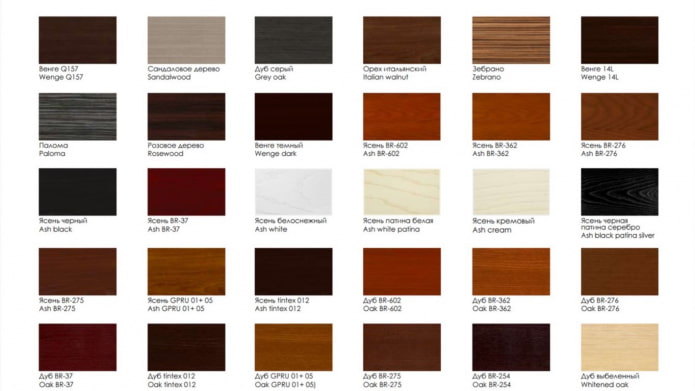
Light
The light color range includes not only white furniture, but also many options with a wooden structure.
Light ash
One of the most popular shades in the catalogs of furniture companies. The second name is ash shimo. The color looks like coffee, heavily diluted with milk. Depending on what you have in front of you – furniture made of natural wood or laminated chipboard – the undertones can vary from grey to pink or even blue.
The main advantage of a cold color is lightness and neutrality. Even large pieces of furniture will not look bulky.
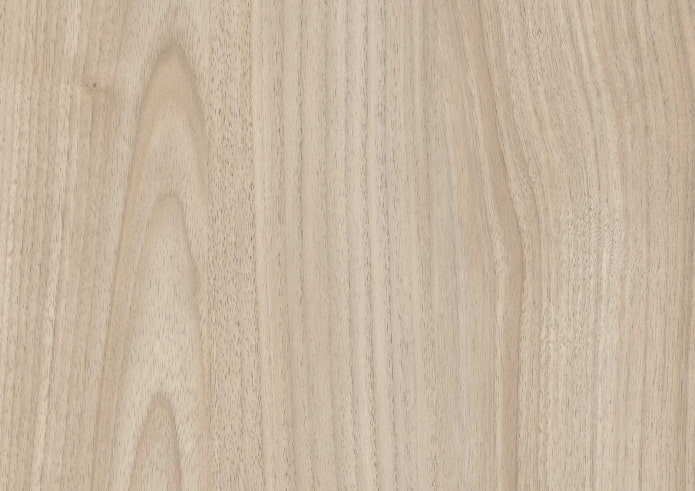
Oak
Perhaps there is no more diverse wood than oak: it can be not only light, but also neutral or dark in color. The colors of solid wood vary even within the same category:
- Milky. A light beige shade with a pinkish undertone. Warm pastel colors are suitable for both individual pieces of furniture and entire sets.
- Bleached. Has a more pronounced texture, the shade goes to gray, sometimes even blue. There is also a more saturated cream tone.
See how the Sonoma oak color looks in the interior.
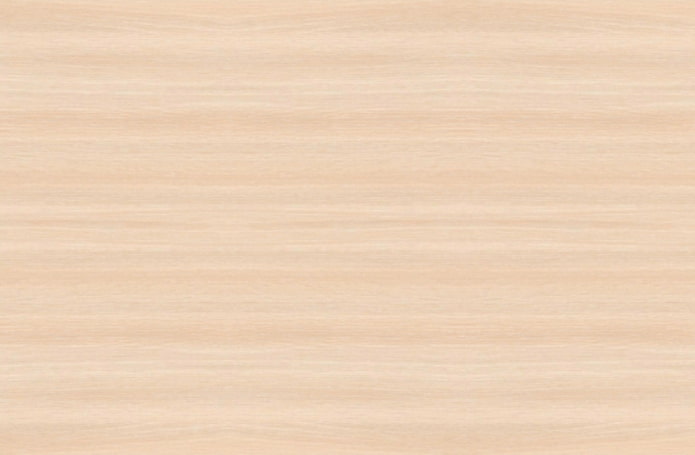
Light beech
Wood of a golden tone, almost uniform texture with small brown inclusions. When choosing cabinet furniture in a light beech shade, opt for simple, minimalist forms: such products have a better chance of fitting harmoniously into a modern interior.
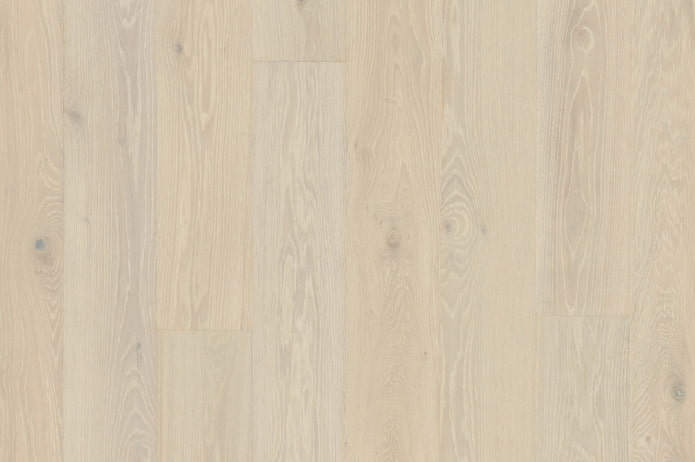
Karelian birch
One of the most unusual colors of natural wood: thanks to the sinuous fibers and uneven inclusions, the texture resembles marble. The shade is warm, yellowish.
Expensive sets, chests of drawers, sideboards, and buffets are made from natural solid Karelian birch. Even a small product in this wood will become an accent in the interior.
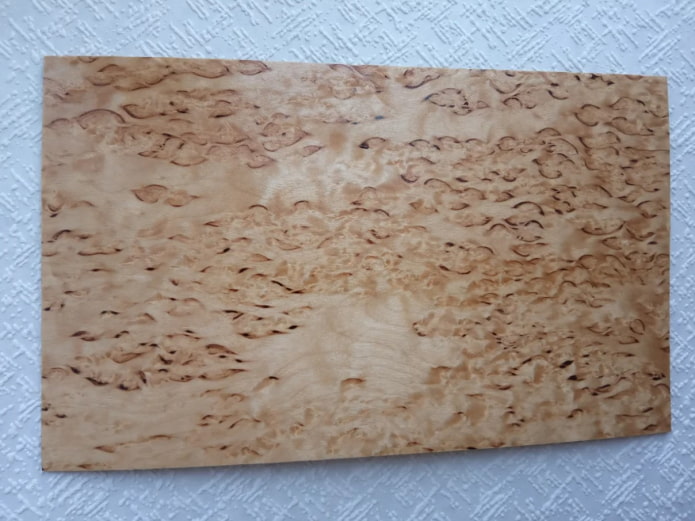
Alder
A classic representative of orange wood, which was popular in the early 2000s. Today, red wood is almost never used due to the visual “cheapness” of the shade. However, if you sincerely like reddish shades and you are going to order furniture made of natural alder or in a film of this color, choose models with chamfers, panels, milling and other decor.
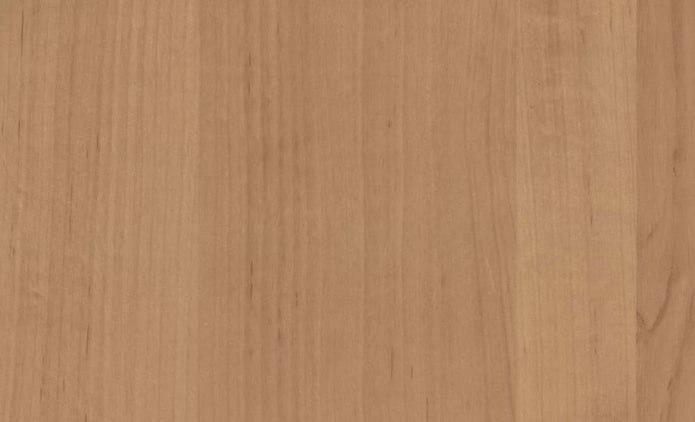
Maple
One of the most successful light colors of furniture is maple. The noble light shade looks amazing both in minimalist interiors and in classic and even industrial ones! Natural maple is neutral, mandala goes orange, champagne goes cold pale pink.
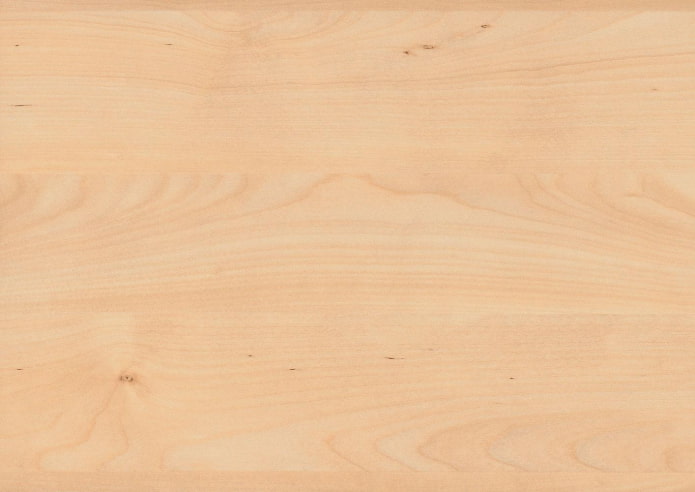
Pine
The yellowness of natural pine causes controversial feelings: on the one hand, it looks inexpensive. On the other hand, it is quite appropriate and aesthetically pleasing in eco-interiors. If you don’t like the yellow undertone, you can choose more noble shades: aland (peach undertone), kascina (gray-beige), loft (gray-white).
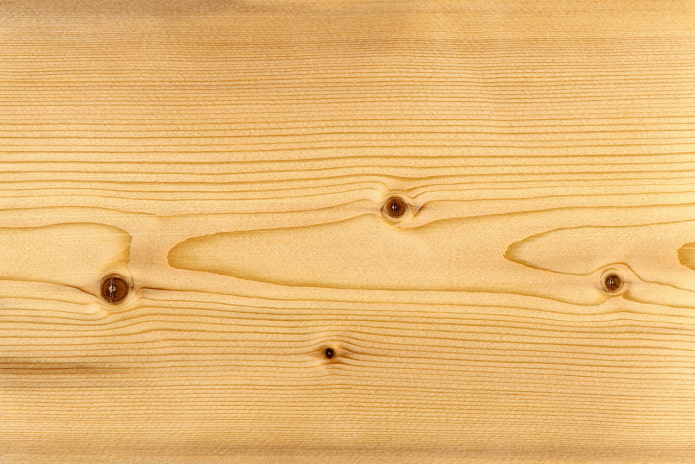
Dark
Furniture in dark shades is synonymous with nobility and presentability. You need to be careful with them when arranging small apartments. If you use ebony correctly, the space will be cozy, stylish, but in no way gloomy.
Wenge
Furniture in wenge color has been popular since the late 90s and remains in demand to this day. Imitation wenge usually has a cold chocolate undertone, although the palette of the natural material varies from blue-black to reddish-brown.
Wenge can be used alone or combined with other shades. Dark brown goes well with maple, bleached oak, light ash.
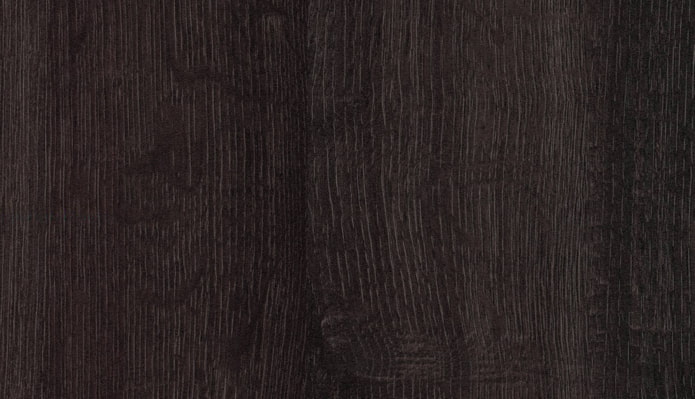
Mahogany
Red wood was, is and remains an indicator of high wealth. The material is valued for its density, hardness, durability. Natural wood is not obtained from one type of tree, but from several at once: teak, amaranth, keruing, padauk.
Mahogany products are expensive, but they also look accordingly. Mahogany furniture looks best in spacious rooms surrounded by equally expensive, exquisite items.
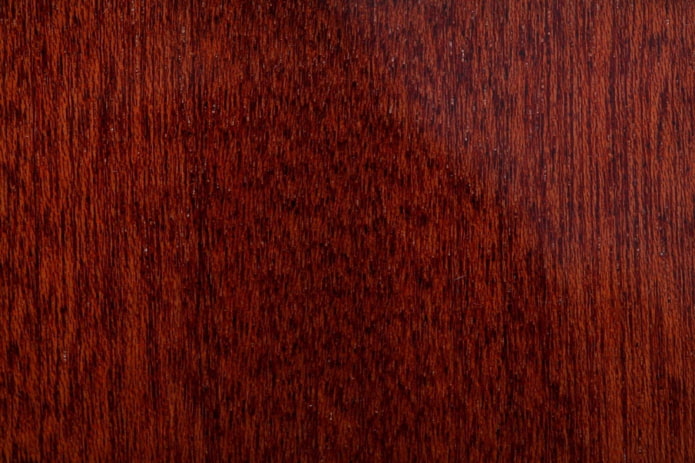
Apple tree
Apple wood is somewhat reminiscent of alder, but has a more saturated red color. It is recommended to use bright cabinet furniture as an accent, without overdoing it with the quantity. One chest of drawers in the bedroom or a console in the living room will set the right mood.
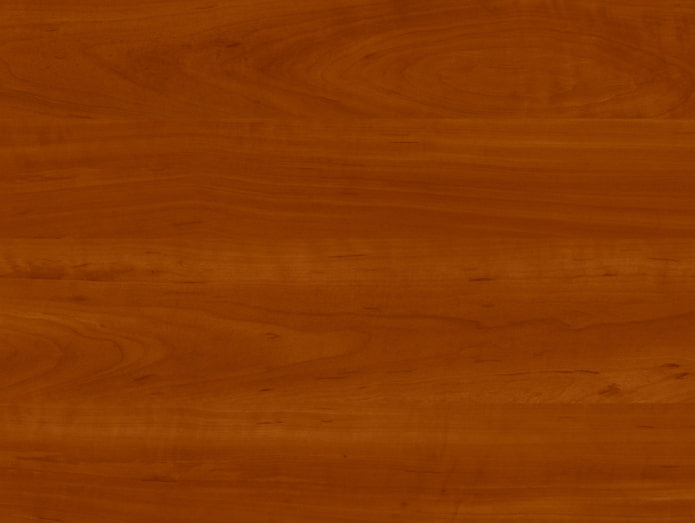
Chestnut
A stunning matte shade of dark chocolate with barely noticeable veins: chestnut is lighter than wenge, but is not inferior to it in terms of luxury. If you are choosing a cool dark wood, chestnut is an ideal option.
It looks especially good in bedrooms (beds, wardrobes, chests of drawers) and offices (desks, cabinets, nightstands).
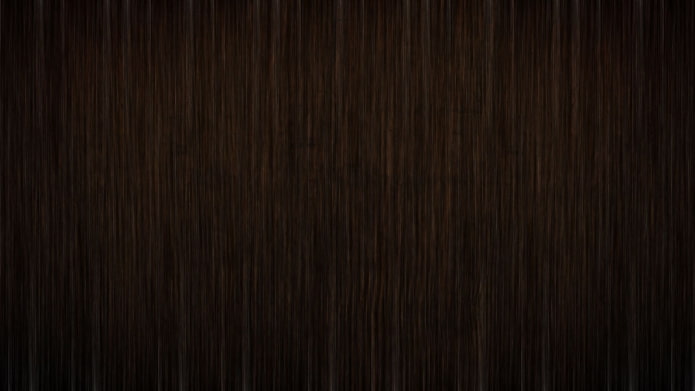
Mahogany
A compromise between wenge and mahogany. The brown background with a red undertone is richly decorated with dark brown veins. Best suited for classic, palace interiors. It is popular with furniture manufacturers, as even veneered panels in mahogany look expensive.
Read about decorating a living room in a classic style.
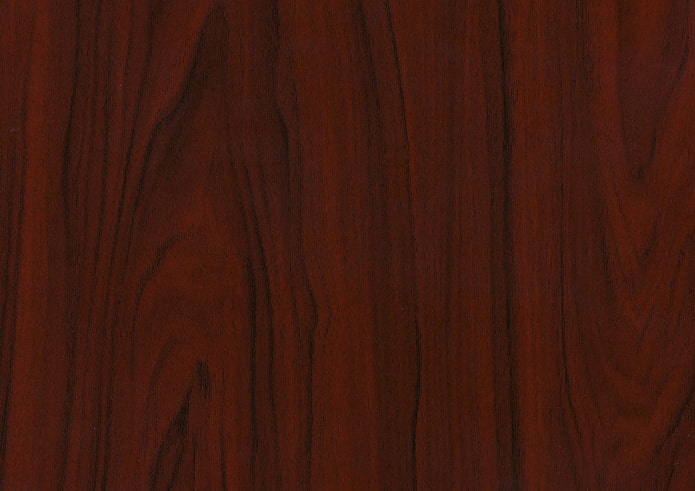
Oak
In the previous section, it was already noted that oak comes in different colors – from almost white to almost black. There are several shades of dark oak:
- rustic — medium tone with black veins;
- dark — classic texture of rich reddish-red color;
- wenge — almost black cold color.
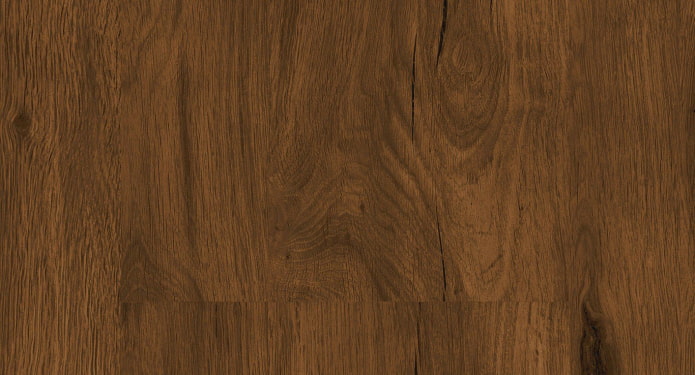
Dark walnut
Like oak, walnut wood also comes in different varieties:
- Milanese — reddish, similar to alder;
- Italian — red, closer to apple in color saturation;
- dark — reddish-brown;
- ecco — cold medium-saturated brown;
- root — close in tone to Italian, but with an unusual texture.
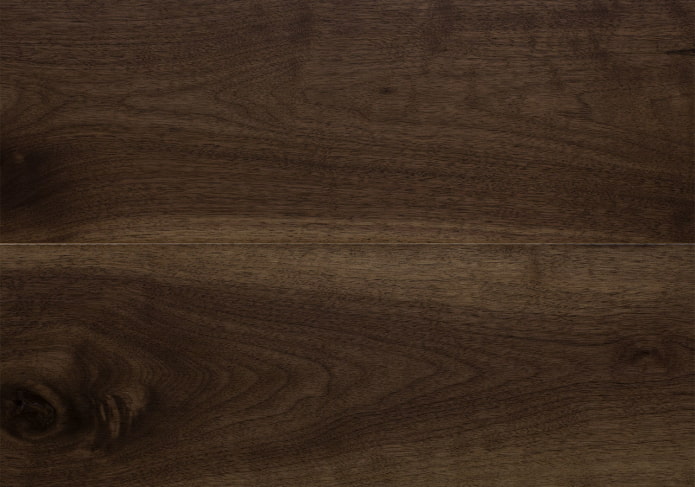
Neutral
If too light or dark shades of facades do not suit you, pay attention to medium tones. Their main advantage is their versatility: they suit any style of room, size, functional purpose.
Pear
Pear wood is darker than alder, but lighter than apple: at the same time, it retains the red tint inherent in both types of wood. The texture is large, but not too pronounced (the exception is the Tirano pear). Suitable for furniture with milling or smooth facades.
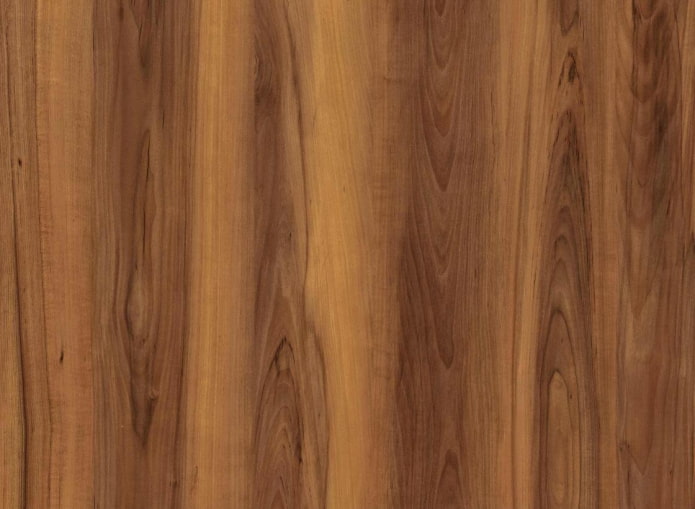
Beech
The color palette of beech wood includes light colors, such as artisan. But most often, medium colors are used: Bavaria, Westphalian, Country, Landmark, Natural. The tone of the furniture is mainly warm, golden. Often used as a quality alternative to too light wood.
Read about how to choose a kitchen set with wood imitation.
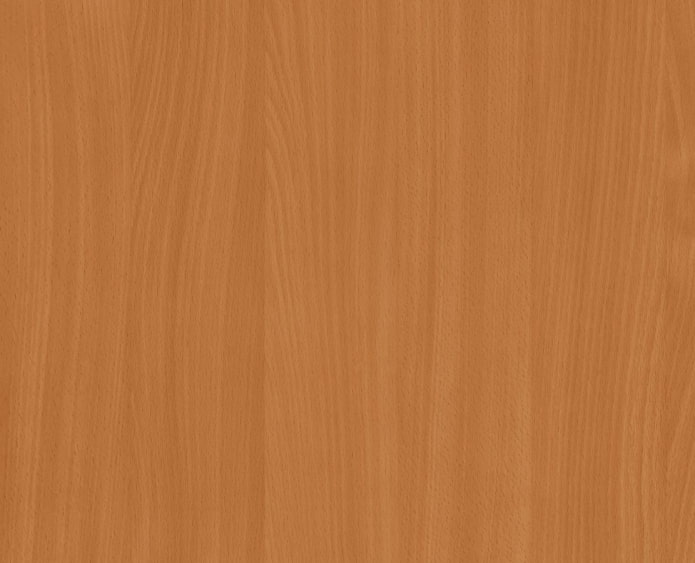
Cherry
Cherry wood varies in tone, saturation, and brightness of the pattern. For example, red-red calvados or medium oxford have an almost imperceptible texture, while orange locarno, on the contrary, has noticeable fibers. There are pink stains on the surface of the riverside cherry.
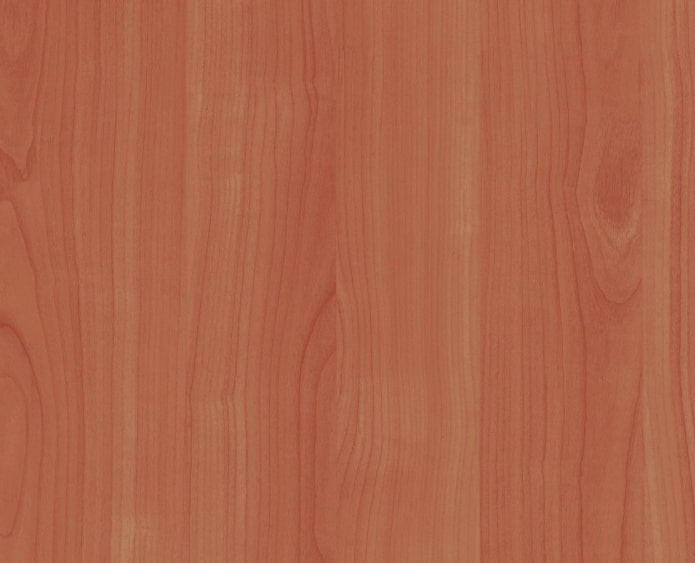
Recommendations for color combinations
Wood textures can be combined with other wood or single-color surfaces. For example, milky oak, maple, or a regular beige matte facade will go well with wenge.
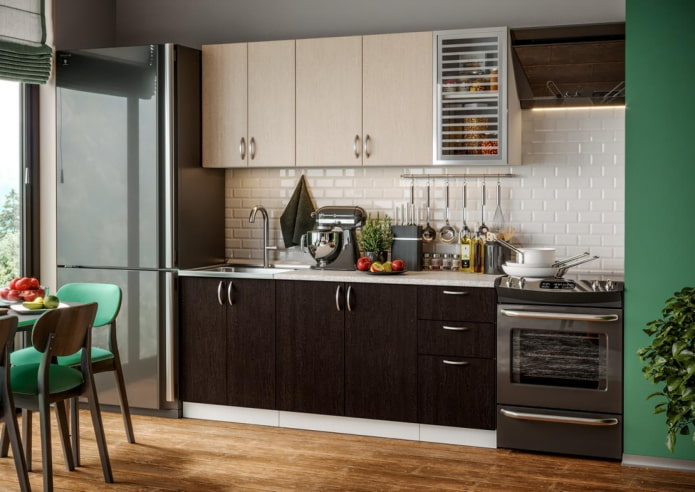
Pick something colorful for neutral oak, beech or pine: green, blue.
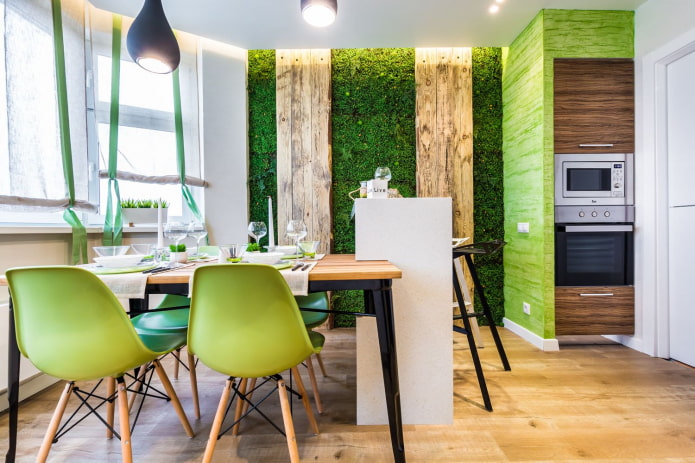
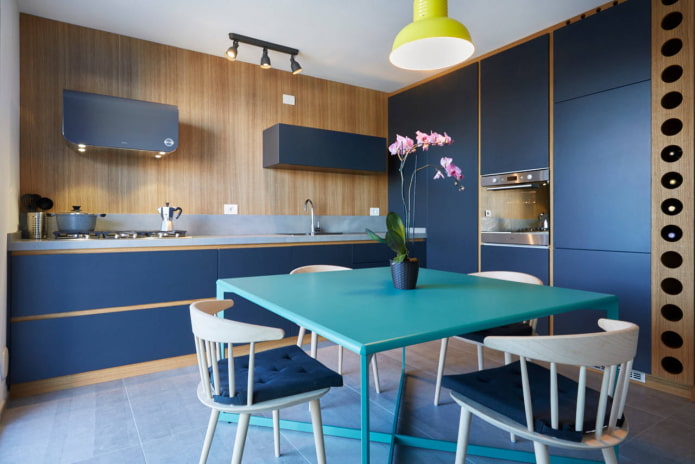
Too active colors, such as mahogany or cherry, need a neutral base: wallpaper without a pattern, light upholstery, textiles.
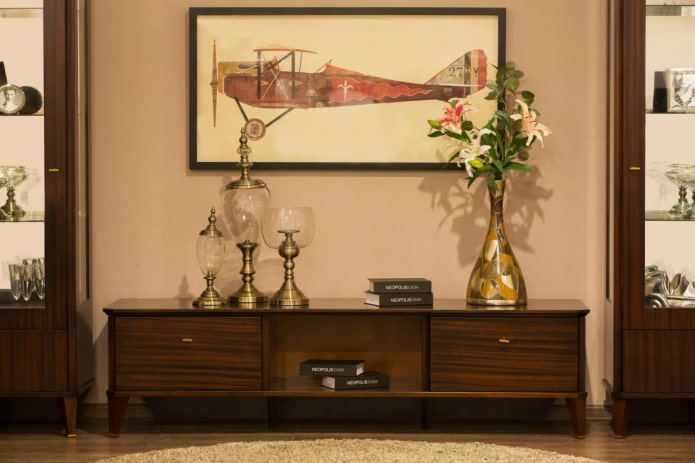
Walnut, birch, alder, ash will create an excellent duet with glossy facades of white or black color. Against the background of gloss, wood will sparkle in a new way.
If you are choosing a kitchen, be sure to study which is better – glossy or matte.
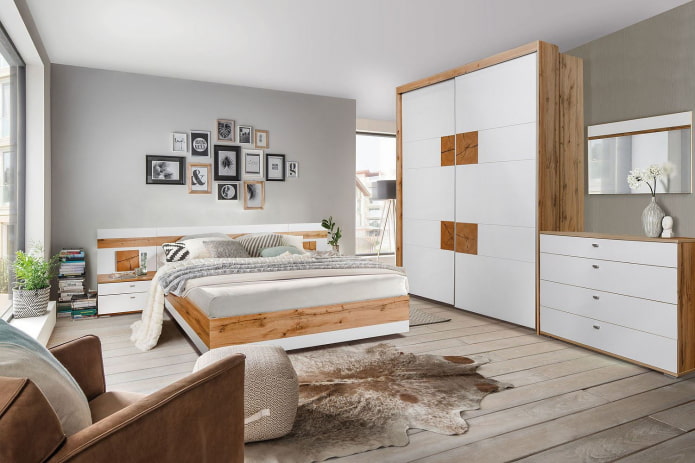
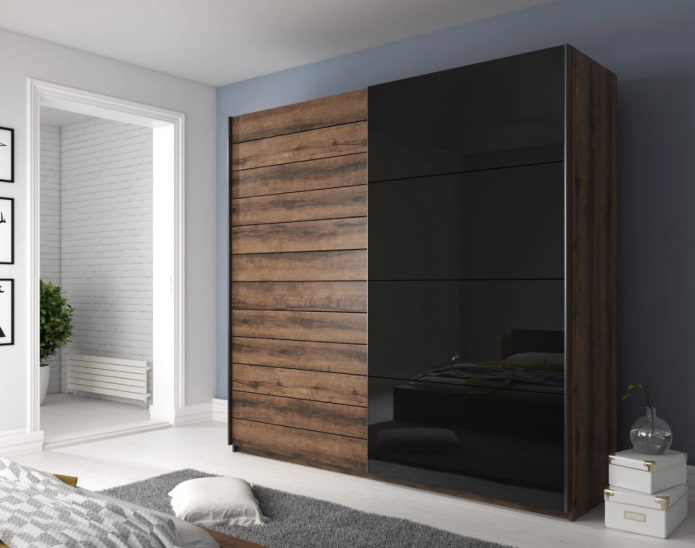
Wood is a universal material. It creates a unique coziness at home, never goes out of fashion, looks appropriate in any style, any room. Choose the shade you like and be sure to use it in your interior!
Now reading:
- Gray bathroom: 65 photos with design ideas and stylish combinations.
- Effective ways to combat moths in an apartment: reasons for their appearance and 14 solutions.
- Frescoes in the interior: the best examples and inspiring ideas with photos.
- Ford Ka & Ka+: Compact Cars with Style and Performance
- Floor Lighting: 43 Interior Photos and Installation Tips